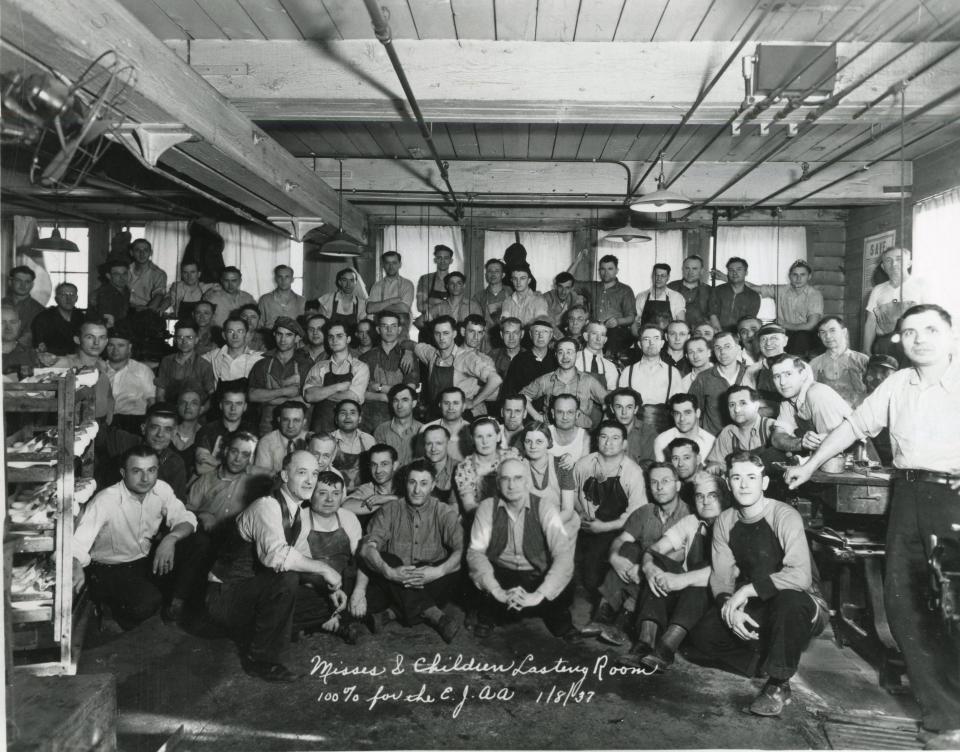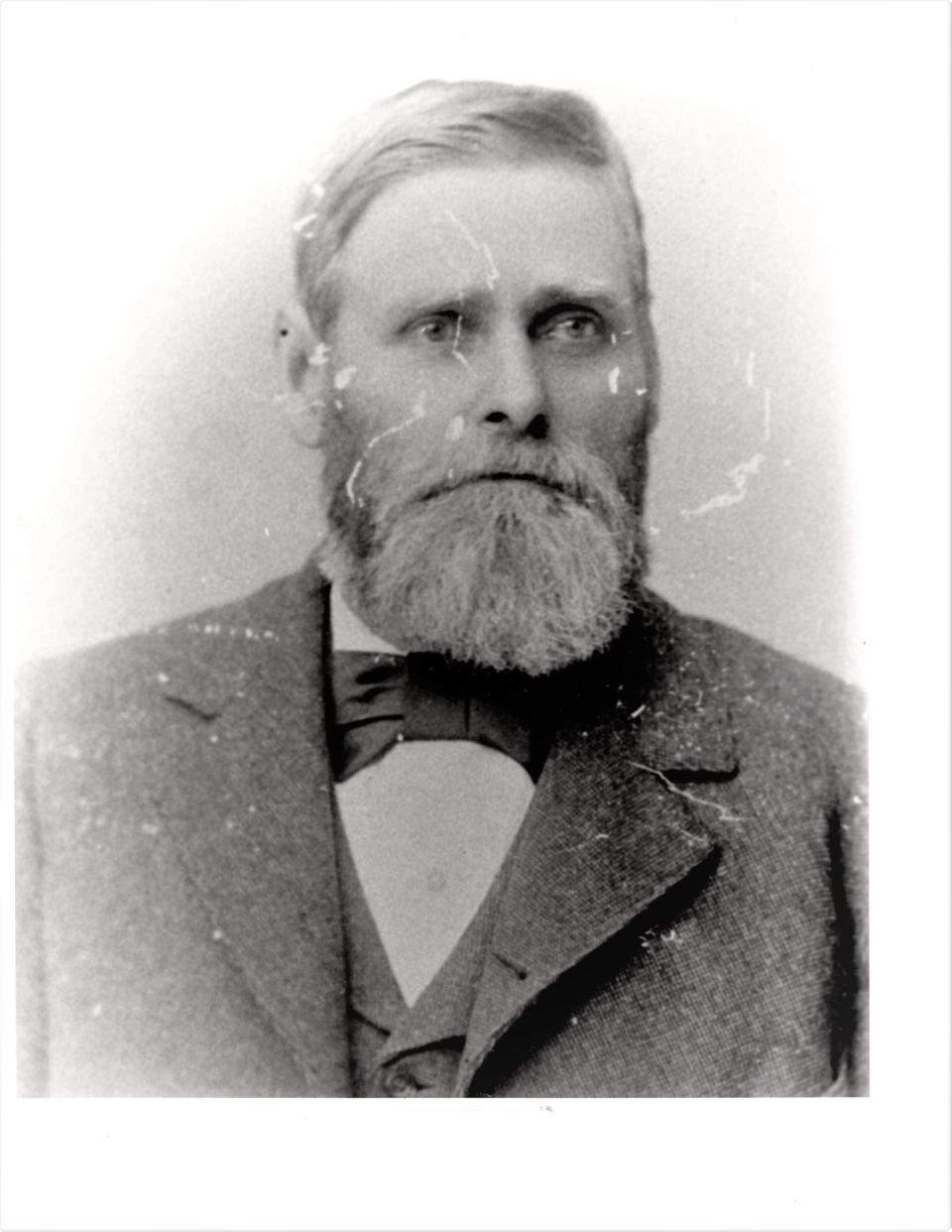Endicott Johnson changed this Pennsylvania family's coal mining legacy
It seems like I have written this before. In a way, I did. In February 2015, I wrote a column about some of the tall tales that my maternal grandfather, William J. Webb, related about his experience growing up as a child — first in Scranton, then as teenager on Tioga County before going to work at Endicott Johnson Shoe Company at the age of 16.
While that column evoked some of his tall tales, and the grains of truth behind it, there was another point to be made that reflects on the changes many industrial revolution families were going through at the beginning of the 20th century. That is, trying to find a way from what had been generations of industrial workers and seeking out a new life in a different setting. Breaking generational patterns is not easy, and, often, these attempts fail.

The Webb family had its origins in Somerset County in England. That county is located in the Southwestern region of that country, and Bath is its largest municipality. It’s there that William Bingham is buried within its abbey. The Webbs lived in a region dotted with mines and mining was a way of life. Young Joseph Webb sought a new life beyond his family and relocated across the waters to Wales, where he again took up the life of mining. After marrying and having the first two children (one died in infancy), he and his wife, Jane, left for work in the mining areas of Pennsylvania in 1862.
More: Binghamton doctor went on to found, edit American medical journal: Spanning Time
Eventually, they ended up in what was then called Providence – now the northern part of Scranton. There, Joseph Webb and his sons all worked in the Marvine Colliery. It was a hard life for all of them, and one son, Benjamin Webb — my great-grandfather, married Ellen Wood, daughter of James Robson Wood and Sarah Brown Wood. They were neighbors only a few houses away and had emigrated from Newcastle Upon Tyne in northern England (the hometown of the singer Sting).
That group of families around North Troop and Main Streets in Scranton were all immigrant families mainly from England and Wales and working in the mines. None of them were rich — but many looked for a way out of the depths of the mines to find a better life. It was always the hope that the children would have a better life than the parents. Finding a route to achieving that hope would be the dreams that thousands of other immigrant families in our area sought.
My grandfather, William Webb, was born in 1896, and when he was 12, he was sent to live with his maternal grandparents — James Robson and Sarah Wood. They appeared to have had more means than the Webbs, as their daughter (Willaim’s mother) Ellen Wood had traveled back to England twice to visit relatives. However, they found the means, they had a farm on Whittemore Hill Road in Tioga County. It was there, that William – the eldest of the three sons of Benjamin and Ellen, was sent to live on that farm.

More: How the State Street bridge got its name: Broome County history
From what my grandfather told me, it was not a bad existence, but not long lived. He was there for less than four years, and went to Lestershire (now Johnson City) to find work in the Misses and Children’s factory in the Endicott Johnson empire. It was a way of making steady money and being able to send some back to his parents. He would remain in the factory for the next 49 years and 10 months, until he received his first Social Security check. His parents also broke the mold of working in the mines for all of their lives, when Benjamin and Ellen left Scranton and purchased a large Victorian home on Elizabeth Street in Binghamton.

For the first time in many generations, both sets of grandparents, the parents, and one son left the coal mines of Pennsylvania for a new livelihood, albeit in the factories of a shoe company. At least it was above ground. It was the beginning of the exodus out of coalfields which thousands, including my family, followed, to break the pattern and find a new and promising life above ground while making shoes. Good for them.
Gerald Smith is a former Broome County historian. Email him at historysmiths@stny.rr.com.
This article originally appeared on Binghamton Press & Sun-Bulletin: Endicott Johnson changed this Pennsylvania family's coal mining legacy

